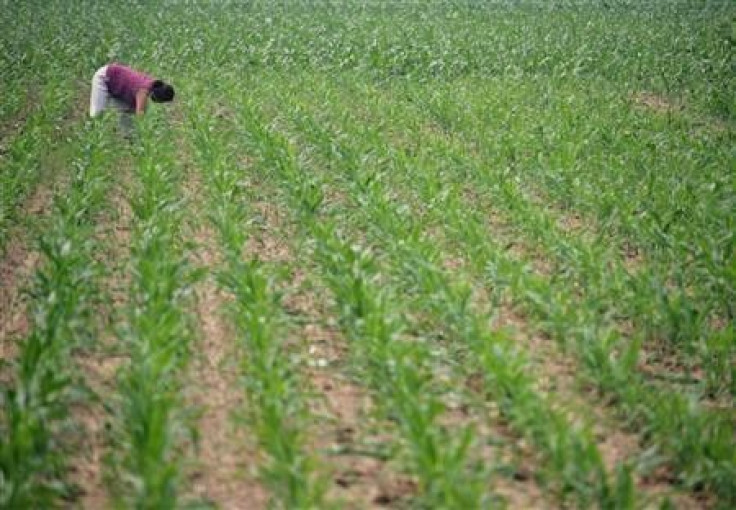African farmers urged to plant to soak up C02

African farm yields may fall as much as 20 percent in the next four decades because of climate change, placing a huge burden on a continent whose population is set to double by 2050 to two billion people, a conference heard on Tuesday.
Most experts say the poorest continent has to double its food output by the middle of the century to feed itself, but faces an uphill battle as more droughts and floods compound the existing problems of poor access to finance and markets.
However, the World Bank says the threat of climate change can be harnessed as a means to convince small-scale farmers to become more savvy in the way they grow food -- and possibly unlock billions of dollars in carbon funding.
The initiative, dubbed climate-smart agriculture, was launched at the conference in Johannesburg ahead of a global round of climate change talks in Durban in December to try to push farming higher up the agenda.
As well as advocating simple techniques such as crop rotation and more judicious use of water through mulching, climate-smart agriculture involves more use of organic fertiliser and crops that soak up carbon dioxide.
By helping reduce the presence in the atmosphere of the gas that causes global warming, African farmers should ultimately be able to gain access to billions of dollars in carbon finance, World Bank climate change expert Andrew Steer said.
It's better farming, but better farming costs money, and until now, the farmer -- if he or she had access to finance -- has to decide whether the rate of return justifies the investment, Steer told Reuters.
Now there are two extra reasons to do it. One is that the farmer needs to be more resilient because there are going to be more droughts and floods, and two, he's going to be helping to solve the problem, so potentially you could envisage carbon financing coming in.
Although climate change will affect farming across the globe, its impact is likely to be particularly acute in Africa, where about two in three people are dependent on rain-fed agriculture for their food.
The World Bank launched a $54 million BioCarbon fund in 2004 to invest in carbon-storing forestry and agricultural projects. It increased the size of the fund by $38 million in 2007.
© Copyright Thomson Reuters 2024. All rights reserved.











